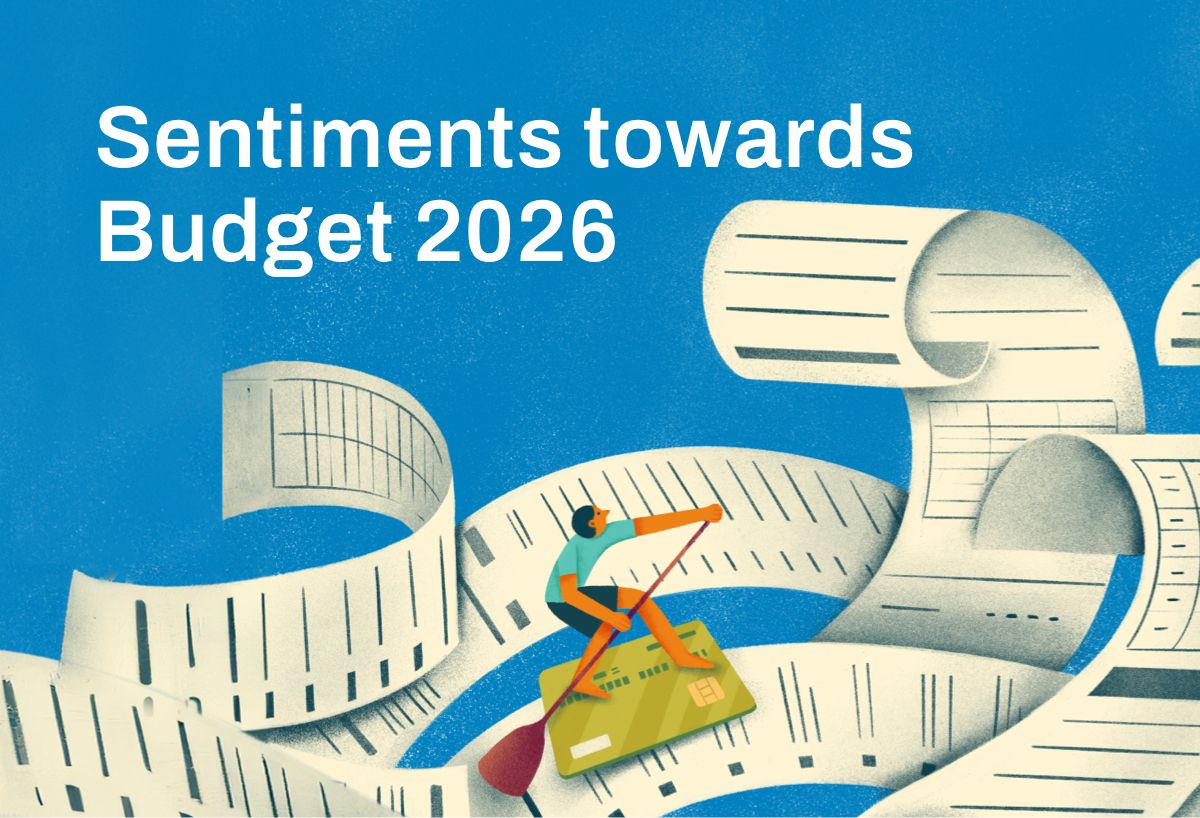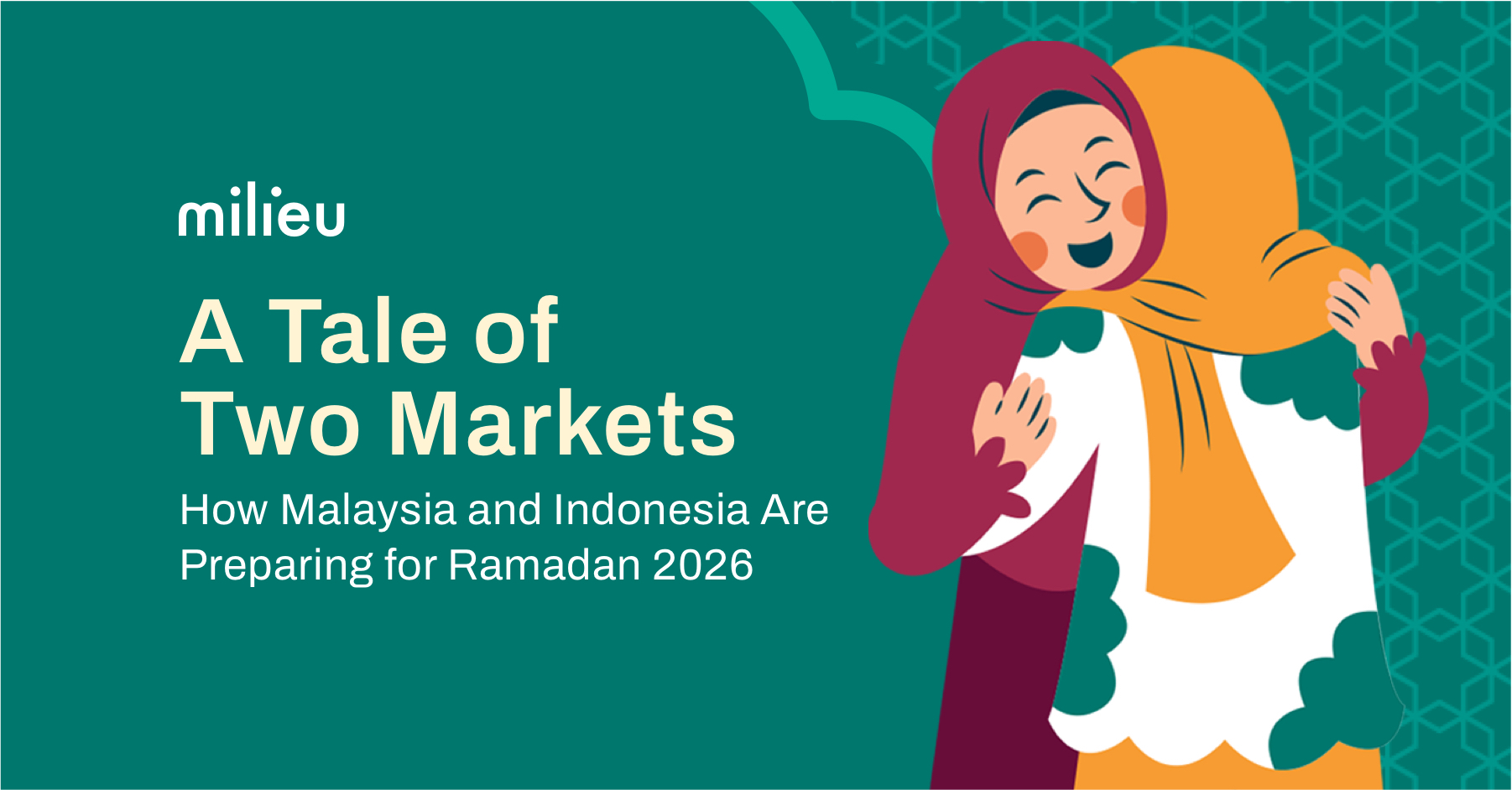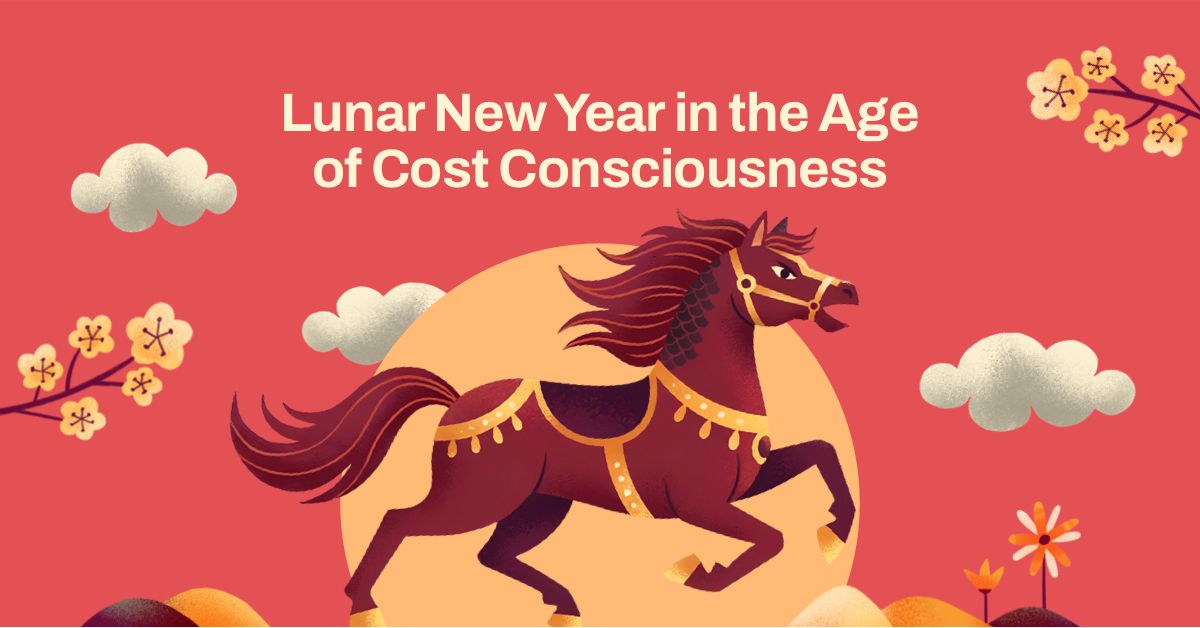Singaporeans weigh in on education, governance, and social policies

Singaporeans weigh in on education, governance, and social policies
A recent Milieu Insight survey explored how Singaporeans feel about a variety of policy ideas—ranging from university access and PSLE reforms to housing affordability and political structures. With 450 respondents forming a nationally representative sample, the data reflects not only the public's priorities but also where uncertainty and deeper conversations may be needed.
Education reform: Strong mandate for access, hesitance around scrapping the PSLE
Education remains a top concern, with 74% of Singaporeans agreeing that everyone who wants to pursue a university degree should have the opportunity to do so. This reflects growing expectations for social mobility and lifelong learning, especially as Singapore’s economy shifts toward knowledge-based sectors. Only 11% disagreed, and just 2% strongly so—demonstrating a clear consensus on the importance of expanding higher education access.
Yet when it comes to bolder structural reform, such as making the PSLE optional via a 10-year through-train programme, the response is far less definitive. Just 42% agreed with the idea, and a striking 40% said they didn’t know enough to comment. This suggests that while parents may welcome less academic pressure, many are wary of departing from a deeply ingrained system without better clarity on the alternatives.
Cost of living and infrastructure: Clear calls for affordability over assets
Singaporeans are increasingly viewing housing as a basic need rather than a wealth-building tool. 67% agreed that the government should shift away from emphasising asset appreciation in HDB flats and instead focus on affordability. With a net agreement of 59%, the results signal a shift in public expectations—where homes are for living, not speculation.
Public transport also saw strong support for reform. The idea of a publicly-owned, non-profit transport corporation garnered 67% agreement—mirroring the housing sentiment. Many respondents appear to favour placing essentials like transport and housing under structures that serve people first, not profit margins.
But not all cost-of-living policies had clear consensus. When asked whether Singapore would benefit from setting an official poverty line, only 43% agreed. A significant 41% said they didn’t know enough to comment, revealing that the concept of poverty—how it’s measured and why it matters—still lacks public familiarity despite its policy relevance.
Political systems: Resistance to voting age change, uncertainty on security laws
On governance, Singaporeans appear cautious. A clear majority (55%) opposed lowering the voting age from 21 to 18, and only 29% were in favour. While many countries have moved toward youth enfranchisement, these findings suggest that in Singapore, public trust in younger voters’ readiness remains low—or at least, not yet convincing to the majority.
Other governance-related policies drew more mixed reactions. The Group Representation Constituency (GRC) system, intended to ensure minority representation in Parliament, was supported by 36%, while 25% disagreed. However, 38% were undecided—highlighting either ambivalence or a lack of familiarity with how the system impacts electoral outcomes.
Similarly, the Internal Security Act (ISA)—a longstanding and often controversial law—elicited a deadlock: 28% agreed it should be repealed, 28% disagreed, and nearly half (45%) were unsure. This suggests the ISA remains a sensitive topic, with many unsure whether the trade-offs between national security and civil liberties are justified.
Social issues: Fertility support and racial harmony policies garner backing
In the social sphere, Singaporeans showed moderate support for increasing subsidies for couples using Assisted Reproductive Technology (ART). Just over half (51%) agreed with this idea, and only 10% disagreed. However, a large proportion (40%) said they didn’t know enough to comment. Fertility support may be seen as valuable, but the high uncertainty could point to limited awareness or ongoing stigma around fertility challenges.
The Ethnic Integration Policy (EIP), introduced in 1989 to maintain racial balance in HDB estates, still enjoys strong support. 67% agreed that it remains necessary for social harmony, while only 12% disagreed. Amid growing global conversations on racial equity and social cohesion, this data suggests Singaporeans continue to see the EIP as a foundational pillar of multi-ethnic living.
Conclusion: A nation thoughtful, open, but still grappling with complexity
The findings reflect a population that is generally supportive of reforms aimed at inclusivity and fairness—especially in education, housing, and public services. Yet on more complex or politically sensitive issues, such as the voting age, security laws, or defining poverty, many Singaporeans remain undecided or unfamiliar. This underscores the need for ongoing civic education and transparent public discourse.
As Singapore continues to evolve socially and economically, these perspectives provide valuable insights into how policies are perceived—not just in terms of approval or rejection, but in the depth (or absence) of understanding among everyday citizens.

Author
Milieu Team
At Milieu, we’re a team of curious minds who love digging into data and uncovering what drives people. Together, we turn insights into stories—and stories into action. We also run on coffee, deadlines, and the occasional meme.





